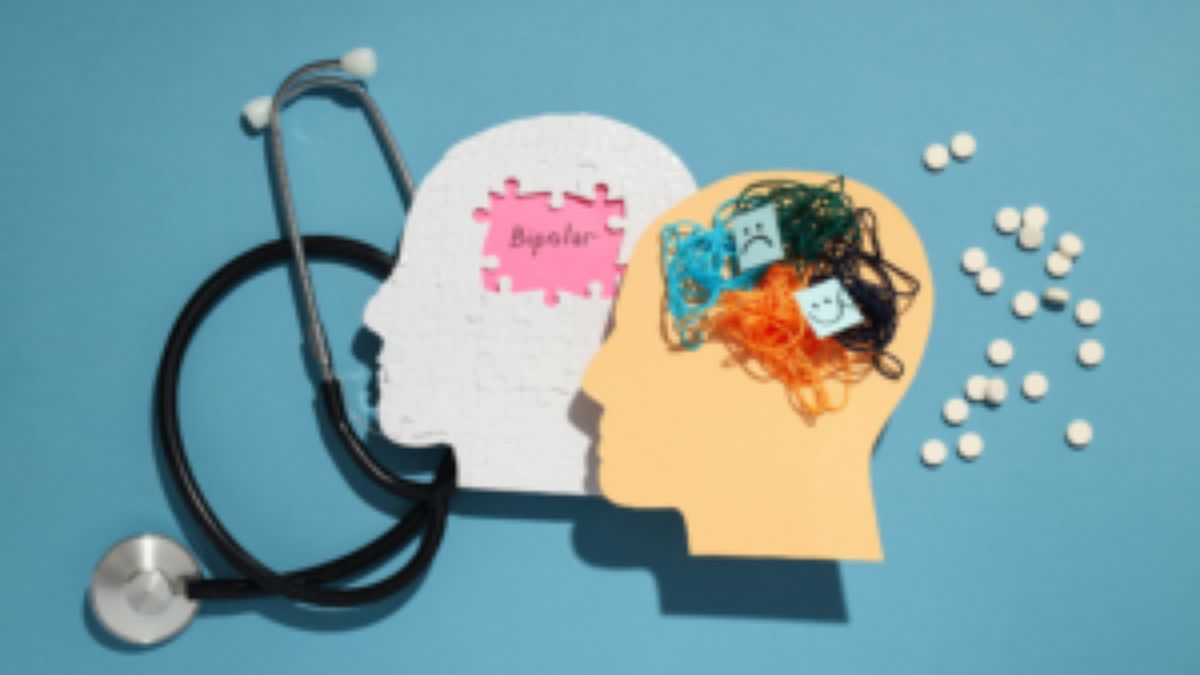Learn about the distinct characteristics of bipolar disorder (BAD) and attention-deficit/hyperactivity disorder (ADHD), and how they can sometimes overlap in symptoms. Discover the importance of accurate diagnosis and tailored treatment for individuals with comorbid conditions.
Understanding Bipolar Disorder and ADHD
Bipolar disorder (BAD) and attention-deficit/hyperactivity disorder (ADHD) are two distinct conditions that can sometimes share similar symptoms. It is important to differentiate between the two in order to provide accurate diagnosis and tailored treatment. Let's explore the unique characteristics of each disorder and how they can overlap.
Bipolar disorder is characterized by significant mood, energy, and activity fluctuations, which can impact a person's daily functioning. On the other hand, ADHD is characterized by persistent fragmented attention, impulsivity, and hyperactivity. However, both disorders can display symptoms such as impulsivity, difficulties with concentration and attention, and emotional dysregulation.
One aspect that can complicate the diagnosis is the presence of hypomania in bipolar disorder. Hypomania is a lesser-known aspect of BAD and manifests as high energy, racing thoughts, irritability, and euphoria. These symptoms can be misinterpreted as hyperactivity or lack of attention, which are characteristic of ADHD.
Differentiating Symptoms
When it comes to differentiating symptoms, a comprehensive evaluation by a mental health professional is crucial. They can identify the unique features of each disorder and make an accurate diagnosis. Impulsivity and emotional dysregulation are common aspects that can complicate the diagnosis between BAD and ADHD.
While both disorders may display impulsivity, it is important to note that in bipolar disorder, impulsivity is often accompanied by changes in mood and energy levels. In ADHD, impulsivity is more consistent and not necessarily linked to mood fluctuations. Emotional dysregulation can also be present in both disorders, but in bipolar disorder, it is often more severe and tied to the mood swings.
By carefully examining the specific symptoms and their patterns, a mental health professional can differentiate between bipolar disorder and ADHD, ensuring that individuals receive the most appropriate treatment for their condition.
Tailored Treatment for Comorbid Conditions
In some cases, individuals may have both bipolar disorder and ADHD, which can complicate the treatment process. It is essential to adapt the treatment approach to address the symptoms of both disorders simultaneously.
Bipolar disorder is typically treated with mood stabilizers and psychotherapy, focusing on managing mood swings and stabilizing energy levels. ADHD, on the other hand, can be managed with stimulant medications, behavioral therapy, and various coping strategies to improve attention and reduce impulsivity.
When treating comorbid conditions, a combination of medication, therapy, and lifestyle adjustments may be necessary. Early intervention and close monitoring are crucial in helping individuals manage their symptoms and improve their overall quality of life.
Reducing Stigma and Fostering Understanding
It is important to foster a deep and empathetic understanding of mental disorders, not only among healthcare professionals but also within the general public. By reducing stigma and increasing awareness, we can create an environment of support and comprehension for those affected by these conditions.
World Bipolar Disorder Awareness Day serves as a reminder to spread information and reduce the stigma surrounding bipolar disorder. Let's continue to educate ourselves and others, promoting empathy and understanding for individuals living with bipolar disorder and ADHD.

